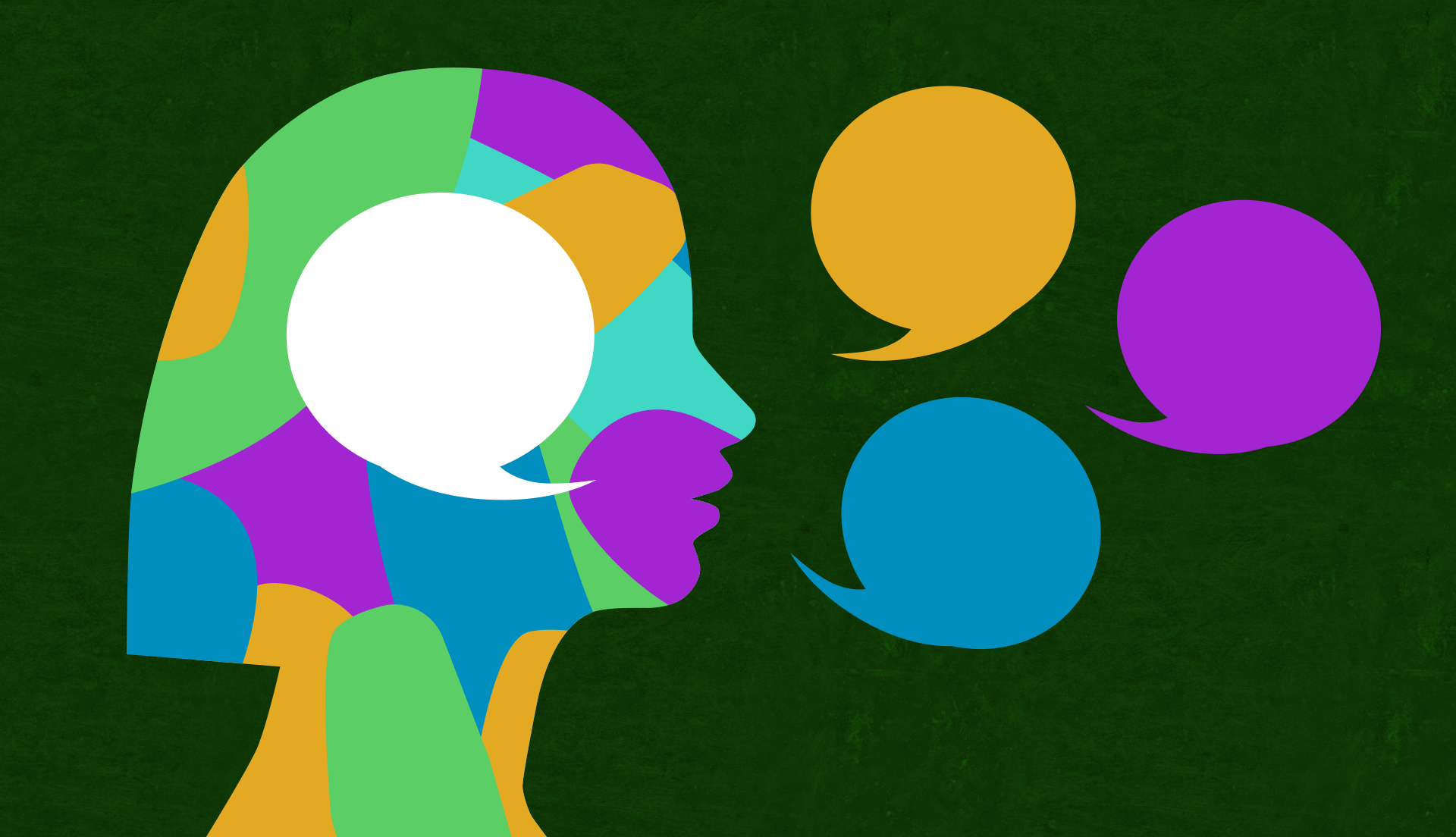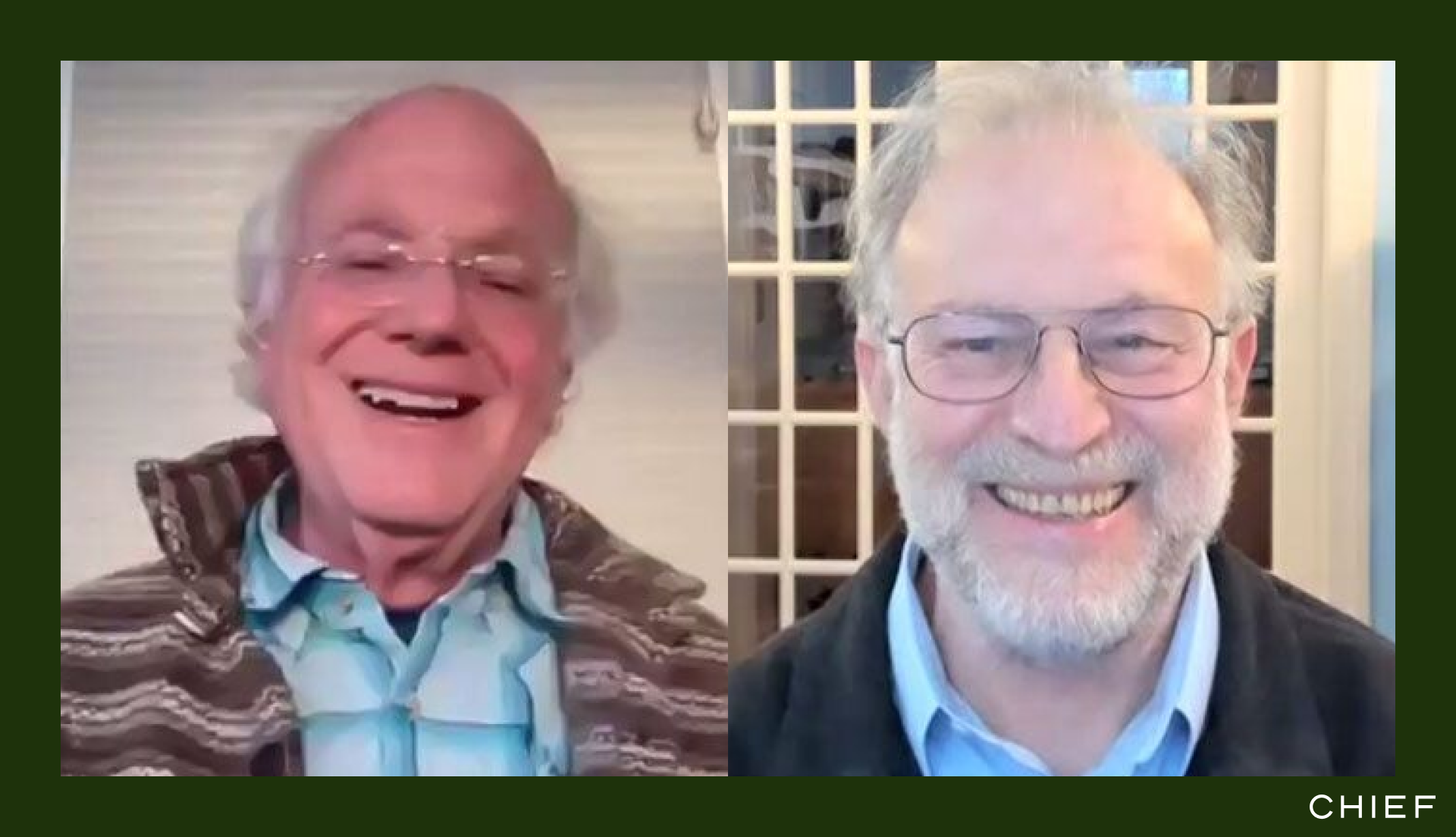While an ever-growing number of companies now encourage their employees to "come as you are" to the workplace, there are all too many subtle and not-so-subtle ways in which that notion falls apart once our intersectional identities run aground of company culture. Author and authenticity advocate Ritu Bhasin has spent years working with business leaders to bridge the gap between theory and practice — and when she joined Chief members for a workshop on unlocking the power of differences to build inclusive work cultures, she came equipped with a toolkit of terms and practices that will help leaders cultivate a sense of trust and true belonging for all.
Know yourself — all of your selves
Drawing on research that is featured in her latest book, The Authenticity Principle, Ritu defined authenticity as "the consistent practice of choosing to know and embrace who you are" and clarified that it "isn’t a destination, it’s the actual journey." Of course, we all often feel pressure to mask our true selves in certain settings or conform to the dominant culture at hand. Using what she calls the "three selves framework," Ritu detailed the difference between the authentic, adapted, and performing self. "Your authentic self is the good, bad, and the ugly of who you are," she explained. While that sounds like it should be all of our ultimate goal, she clarified: "No one could be authentic a 100 percent of the time. Because we live in societies where we need mechanisms of social control to keep us regulated."
Enter the adapted self, defined as the version of yourself in which "you willingly, happily choose to adapt to meet the needs of others and your own needs." As an example, Ritu referenced her own tendency to "cuss like a pirate," which she refrains from doing in professional settings, but maintains in her personal life.
While both the authentic and adapted selves can exist alongside a sense of empowerment, the performing self emerges when we feel like we don’t have a choice but to conform. This ongoing performance is exhausting and depleting, placing it firmly in the "zone of disempowerment."
Lead by example — but check your privilege
"When you lead with a spirit of authenticity, vulnerability, courage, sharing, intimacy, trust, and safety, you model for people on your teams that they should do this too," Ritu told members. One of the major takeaway tasks for participants included thinking about which aspects of ourselves we’ve been keeping under wraps, from our values to our upbringing to gender identity and beyond, and work to reveal more of our personal side at work. Nevertheless, she cautioned that simply living authentically doesn’t automatically unlock the same freedom for others.
"We sometimes forget the power and privilege that attaches to being a leader. If we do not pay attention, our authentic selves can end up becoming the behavioural yardstick that we use to evaluate other people's behaviours and actions in the workplace," she explained. "You want to spend time being your adapted self, which means as leaders, we have to adapt our behaviour consistently in order to make room for others to be authentic. Your key takeaway is that sometimes you will need to spend more time as your adapted self to make room for your team to experience belonging."
Take it beyond the boardroom
While Ritu spoke primarily about cultivating authenticity in the workplace, she also noted that these practices apply elsewhere, too. After all, pressure to conform doesn’t necessarily dissipate once the workday ends — and even those of us who champion belonging at the office can unwittingly fail to do the same at home. "This framework can be applied in any other relationship, including parenting," Ritu said. "There is a gravitation towards pushing children to perform" — that is, put on an inauthentic performance — "as well. And so, you can use this model in your parenting, your social relationships, and more."

